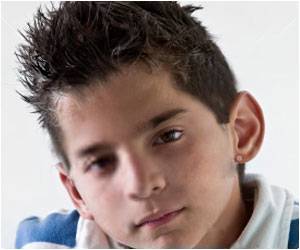Children may develop anxiety, depression, and learning disabilities when given they are exposed to anesthesia multiple times at age 4 or younger.

The stage of neurodevelopment of rhesus monkeys at birth is more similar to that of human infants compared to neo-natal rodents.
The monkeys were exposed to the anesthetic at post-natal day seven and then again two and four weeks later.
Researchers evaluated the socio-emotional behavior of exposed monkeys compared with that of healthy controls at six months of age using a mild social stressor (an unfamiliar human).
They found the anesthesia-exposed infants expressed significantly more anxious behaviors overall compared with controls.
"Events that impact the developing brain have the potential to affect a wide range of later-developing behaviors," said study co-investigator Maria Alvarado from Yerkes National Primate Research Center.
Advertisement
Previous research in animal models, mainly rodents, has shown that early anesthesia exposure causes cell death in the brain and cognitive impairments later in life.
Advertisement
The results confirm that multiple anesthesia exposures alone result in emotional behavior changes in a highly translational animal model.
"This raises concerns about whether similar phenomena are occurring during clinical anesthesia exposure in children," the authors noted in a paper published in the journal Anesthesiology.
Source-IANS














